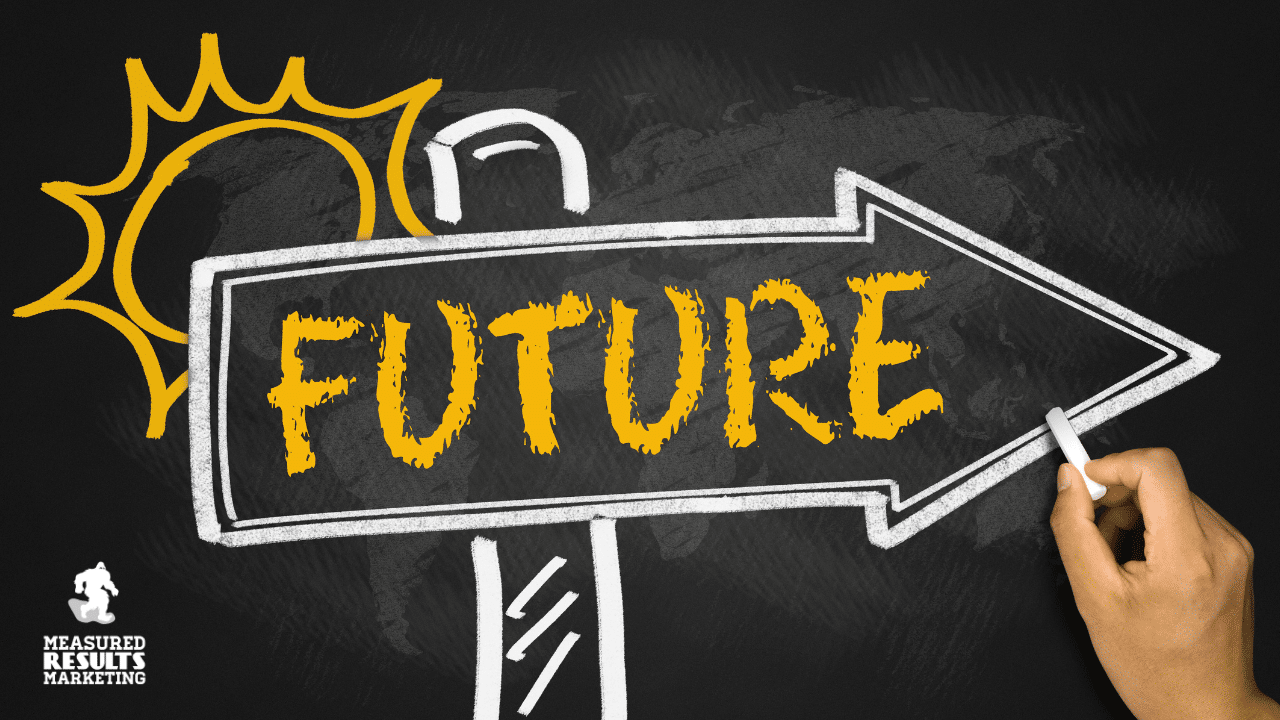It’s November, and as the new year peaks its head out from behind the curtains we call, “the holiday season,” it’s time for reflection, time for review, and time to plan ahead.
For me, it’s the time when my clients, particularly my AI clients, ask me, “What now? What’s next? How do I plan for next year?”
Frankly, I hear more anxiety than hope in these questions, and I suspect that today’s uncertainties inspire a widespread desire to crawl into bed and pull the blankets over our heads.
But you know what? Asking the right questions may be our best hope for a better year to come. These are the questions that help you clear the rubble of distraction and find meaningful, productive, actionable focus. Let’s break them into two categories: 1) questions that help us understand the year behind us, and 2) questions that help us prepare for 2026.
Questions for 2025
You can’t think wisely about 2026 unless you’re brutally honest with yourself about 2025. The following queries can help you benchmark this year to determine what you want from 2026.
- In 2025, what initiatives didn’t meet expectations and why? These are the bets, plans, and new ideas that just didn’t fulfill their promises. Which things are worth keeping, which are worth fixing? And which should be jettisoned altogether?
- Alternatively, what’s worth repeating in 2026? And if something did work, are there ways to make it work better or more efficiently?
- How have your client relationships changed over the year? There are clients I used to talk to at least once a week that I can hardly reach once a month. What happened? What’s going on with your clients that may require a response from you?
- In general, what’s different now from Q1 a year ago? What’s changed in the world, the markets, your business, and yes, even you and your role? How might these differences affect how you think about 2026?
Questions for 2026
Before you commit to any one plan or direction, position yourself for flexibility by asking questions that help you uncover new possibilities and/or options.
- To what extent will you apply technology (including, but not limited to AI) versus people for various tasks and roles? There’s nuance here: you may find competitive advantage in either direction (by automating routine chores with tech, or by elevating other tasks to dedicated human judgement) depending on context. The important thing is to think of this choice as a conscious decision, rather than blithely assuming that better tech is always the better answer.
- Speaking of people, do you have the right combination of talent for next year’s objectives? Do you have roles you need to fill before commencing new plans?
- A tough one: where do you have the largest gaps (in resources, tech, talent, etc.) that could inhibit next year’s growth? An honest assessment now may save lots of grief later.
- And finally, what will you do differently from last year and why? By addressing all of the previous questions, you can identify targets for change while rooting them in sound business reasons for doing so.
A good starting point
There’s so much to think about as we face another year. But by taking the time to pause, ask questions, and reflect on potential answers, we put ourselves at the best starting point possible: a frank assessment of reality that puts you in a position of strength. Good luck!




















